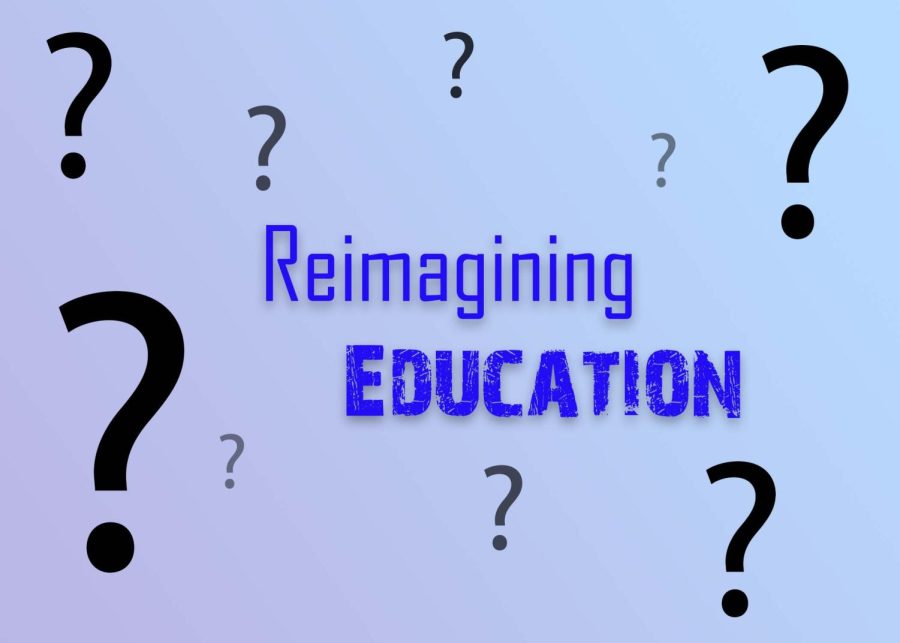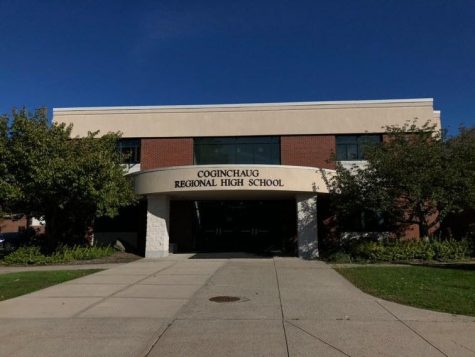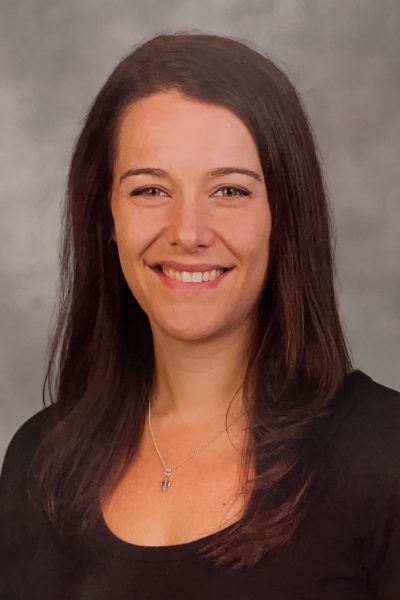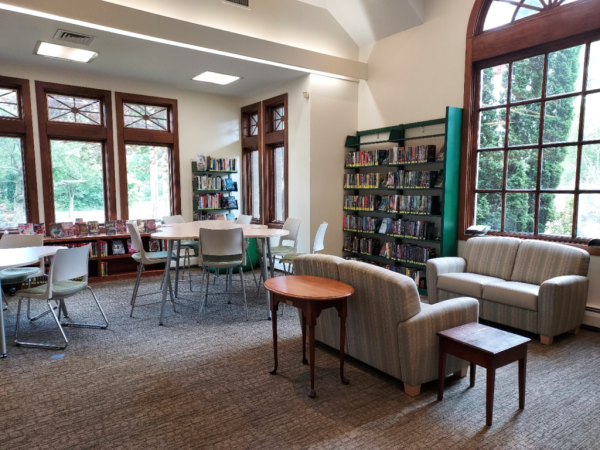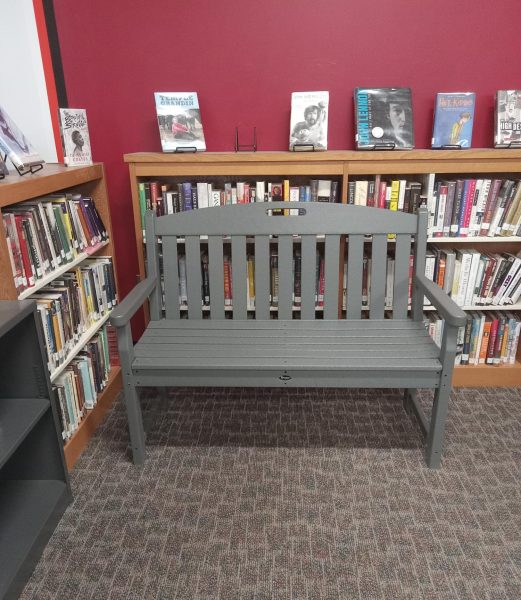Schuch Challenges RSD13 to “Reimagine” Education
If education was created today, what would it look like?
That is the question Regional School District 13 superintendent Dr. Doug Schuch is proposing to the students, faculty, and community members.
“We are currently doing [education] the way that we do since it’s how it’s been done for 100 years,” Schuch said. “The system [students] experience now was created during the industrial age and primarily was created to make people work at assembly lines. The problem is that it’s been more than a generation since those factory jobs existed.”
The reimagining education process is a nationwide movement; however it has begun in Durham and Middlefield starting with Schuch’s transition into the superintendent role in January 2021. So far, he has held three sessions on the process, with another one to come on May 17th
“The sessions we have had are facilitating the conversation [on reimagination] and allowing people to put their two cents in about that,” Schuch explained, however he admitted that the sessions are not made for the purpose of the specific details: instead, it is consensus building on the path for the future.
Junior Christine Waterman, who participated in a session in September, explained how the sessions worked. “It was a group of 30 people, and we were split up into different groups, each with a separate question on how school is now and what could be different.”
“I worked with a group to replan how we would improve elementary school,” she said. “We imagined a large open space with separate enclaves for math, reading, an opening to an outdoor area, and more.”
The reimagining process will also take into account current programs and their status in the community and make sure they remain, including the visual and performing art department, as well as looking at future metrics to measure achievement, including current ones such as SAT scores. He recalled talking to recent graduates as a wake up call on how to fix schools.
“In the standardized test era, the focus of schools has been test scores and graduation rates. They aren’t prepared for the real world,” Schuch admitted. “We need to check in with our learners to make sure that they are safe, that they are challenged, and they are accepted.”
One of the other key pillars of the reimagination process is diversity, inclusion, and understanding of a global world.
“This is the least diverse district I have worked in terms of ethnicity, socioeconomic factors, and education levels of parents,” he explained. “That is not a criticism, but my challenge besides making sure people learn about other people’s differences is making it into a real, practical element.”
Schuch noted that increased cultural diversity programs were in place before his arrival in the district, such as exchange programs.
“School doesn’t just happen in the classroom,” he said, “and it should be a place where everyone feels like they belong.”

